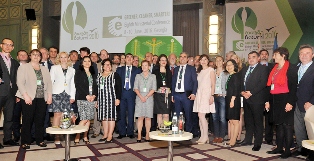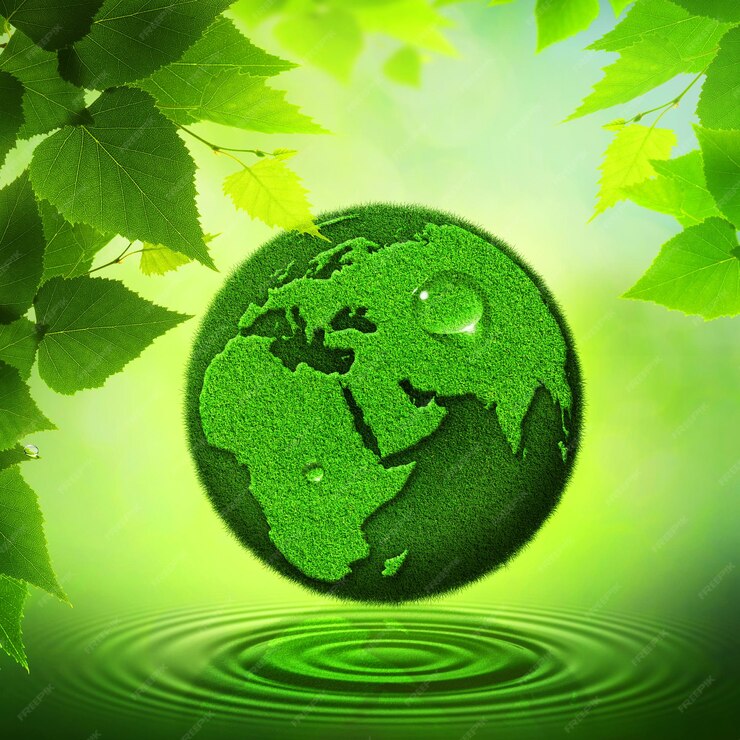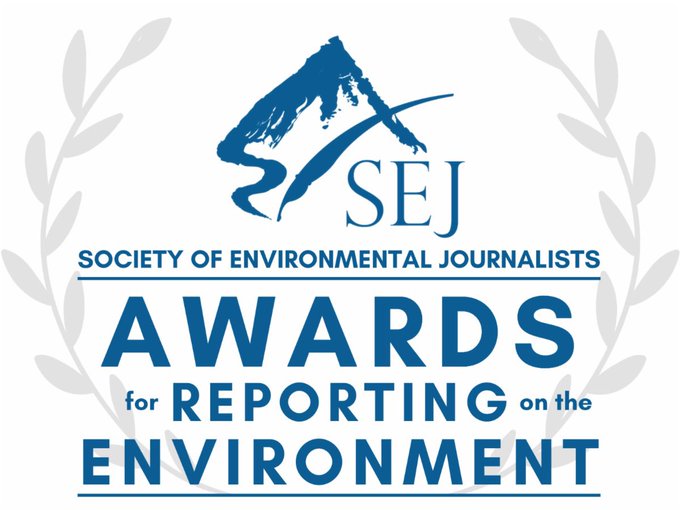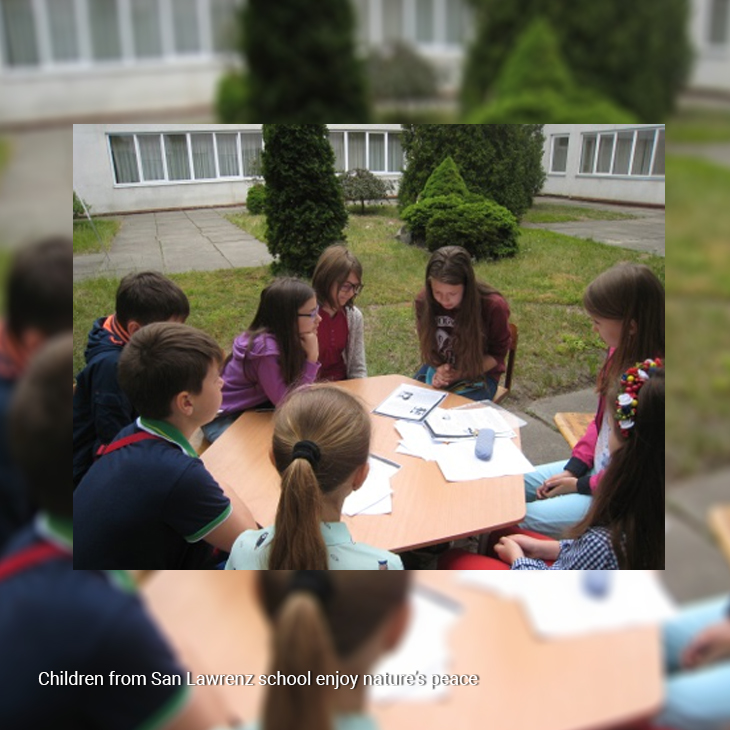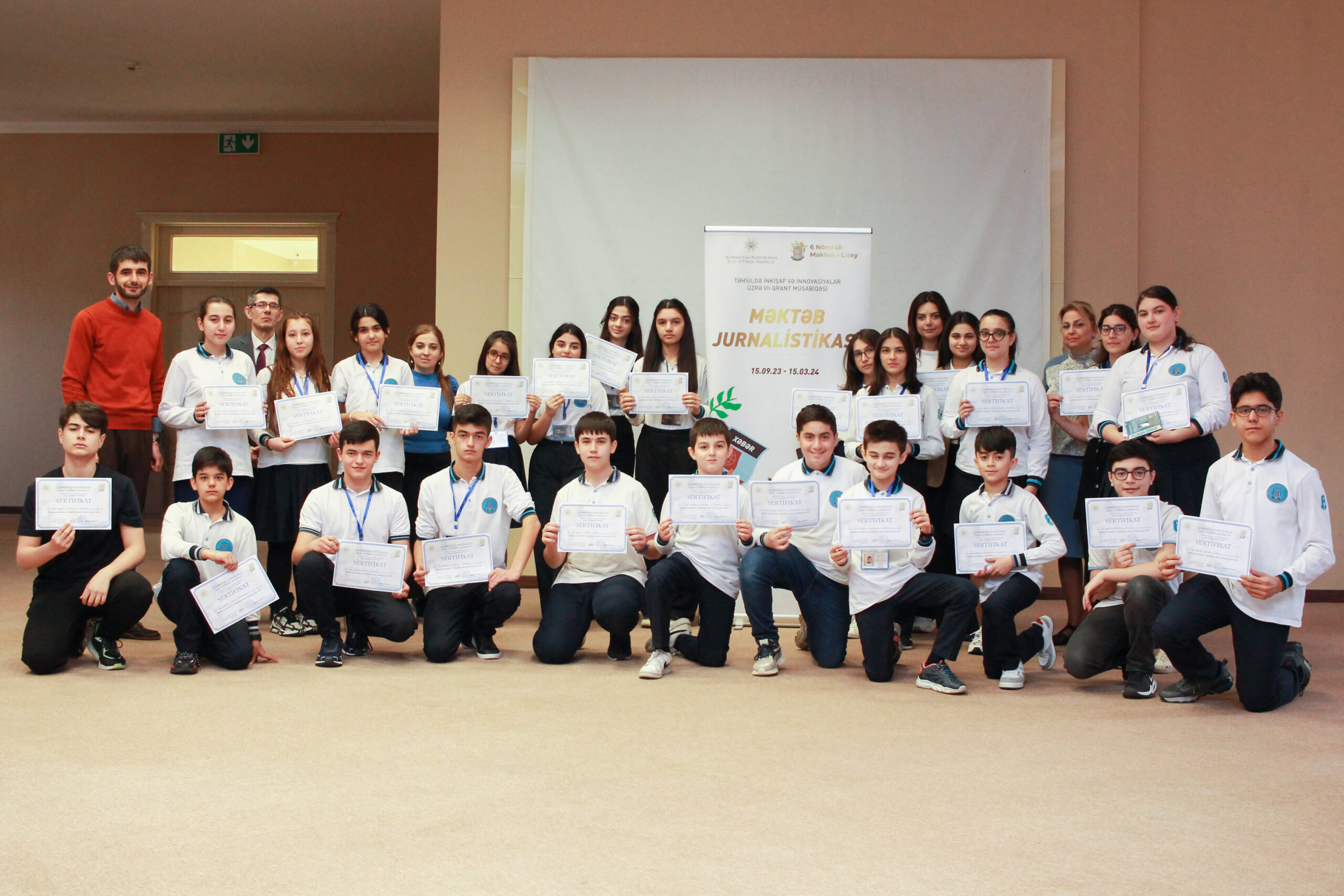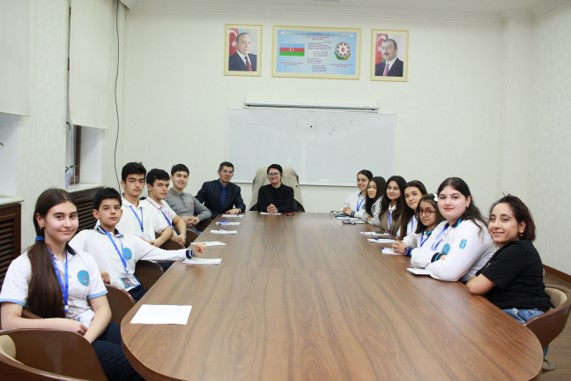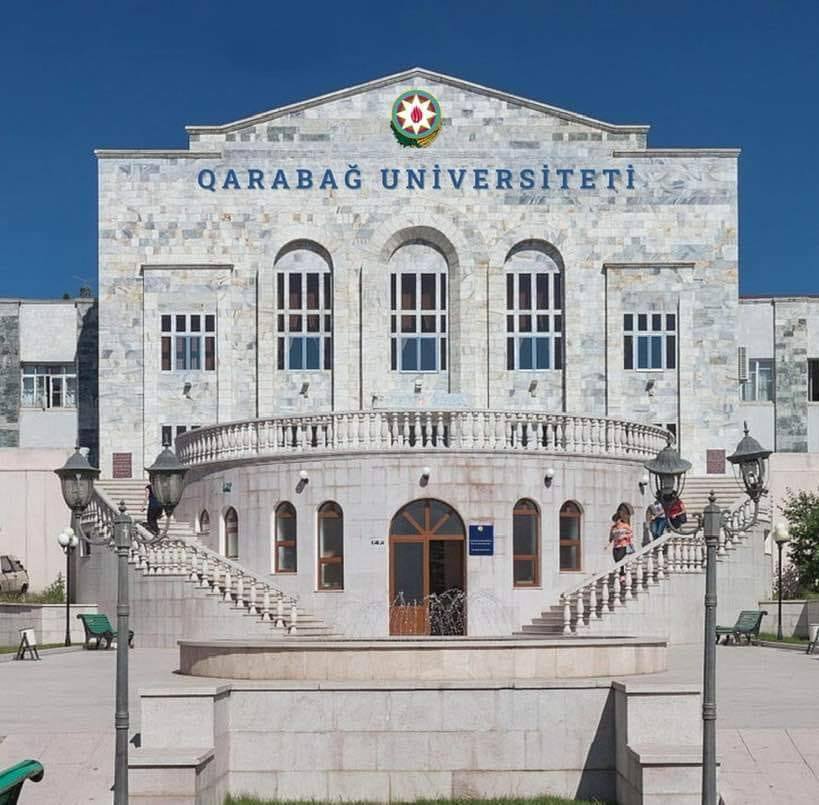The United Nations Environment Programme (UNEP) stands ready to support countries from the pan-European region in their transition to Green Economies after over 100 pledges for concrete actions were made by 36 governments and organisations tying in with the 2030 Agenda for Sustainable Development.
According to GreenPen.az information received from the UNEP press office ministers from the region adopted the Batumi Initiative on Green Economy (BIG-E) made up of the voluntary pledges and a strategic framework for guiding them at the eighth Environment for Europe Ministerial Conference taking place in the Georgian city from 8-10 June.
Countries also endorsed the Batumi Action for Cleaner Air plan to fight air pollution, which UNEP’s sixth Global Environment Outlook for the region — also launched at the conference — identified as currently the biggest threat to human health in Europe. This follows the adoption of a landmark global resolution on air quality at the first session of the United Nations Environment Assembly of UNEP.
“If air pollution were human, it would be the deadliest mass murderer,” UNEP Deputy Executive Director Ibrahim Thiaw told delegates in his opening speech at the conference, referring to the seven million annual deaths caused by the health threat worldwide. «This silent killer must be stopped,» he underlined, affirming that «there is no contradiction between economic growth and clean air — we can have both».
“The urgent need to switch to a Green Economy, where improved wellbeing and environmental protection go hand-in-hand, is clearer than ever. We are therefore pleased to see so many pledges come directly from governments and will support efforts to lead this transition from Europe” said Jan Dusik, Director of UNEP’s Regional Office for Europe. «25 years after its launch, the Environment for Europe ministerial process receives a renewed impetus from the Batumi conference, with a strong spirit of pan-European cooperation and concrete commitments» he added.
“Normally at conferences we would not speak of pledges, we would only repeat problems,” Bertrand Piccard – UNEP Goodwill Ambassador and pilot of the Solar Impulse plane, which has flown two thirds of the globe on solar power alone, told delegates in a live video message to the conference.
“Yet now we have the opportunity to speak of solutions — and this is exactly what we need,” he underlined. “I am sure that with UNEP, delegates and all governments present we can have a very fruitful partnership for applying clean technologies on the ground”.
Below are a series of examples of the pledges made by countries.
Food
Lithuania has pledged to ban the disposal of food in landfills and will establish a service collecting produce that would otherwise have gone to waste from residential areas and the catering sector — in line with SDG 12 on Sustainable Production and Consumption. Linked to the agri-food sector, the Netherlands and Switzerland pledged to work on recapturing phosphorous from their economies.
Ecosystem services
As part of its pledge unveiled in Batumi, Sweden has tasked its national statistics body to examine how ecosystem services can be included in environmental accounting, and will produce a guide for their valuation. “By 2018, biodiversity and ecosystem services are to be integrated in all relevant decisions in society,” the country’s Environment Minister Karolina Skog told delegates. Germany committed to establish methods for the economic valuation of environmental damage to better inform policy makers on the costs of policy alternatives — also in line with SDG15, Life on Land.
Sustainable public procurement
Sustainable public procurement is a priority for Italy – where minimum environmental criteria already exist for products related to energy and a new scheme for boosting national eco-products was pledged, and Croatia – where action plans on the topic are already underway and an online platform will be created to exchange practices.
Green technology
Green technology will meanwhile receive a boost in Switzerland thanks to a CHF 4.2 million annual promotion loan for pilot projects from both the public and private sectors. Loans with at attractive rates will also be created in Lithuania in order to boost the energy efficiency of multi-apartment buildings, which will be required to reach a minimum energy rating – thereby creating jobs while curbing consumers’ bills and emissions and helping fulfil SDG11 on Sustainable Cities and Communities .
The Sustainable Development Goals for 2015-2030 were adopted by the UN General Assembly on 25 September 2015. Over half of the goals and more than 90 of their169 sub-targets directly relate to the environment.
UNEP defines a Green Economy as one that results in improved human wellbeing and reduced inequalities in the long-term, without exposing future generations to significant environmental risks or ecological scarcities.
The Eighth Environment for Europe Ministerial Conference took place in Batumi, Georgia, from 8-10 June under the theme ‘Greener, Cleaner, and Smarter’ and was attended by over 800 delegates. The objectives for the strategic framework adopted by ministers are to reduce environmental risks and ecological scarcities, enhance economic progress and improve human well-being and social equity.
The main goals of the Environment for Europe (EfE) process, which is led by the UN Economic Commission for Europe and supported by UNEP, are to harmonize environmental policies, enhance the quality of our common environment and contribute to peace, stability and sustainable development. EfE ministerial conferences are held every four to five years.
GreenPen.az
